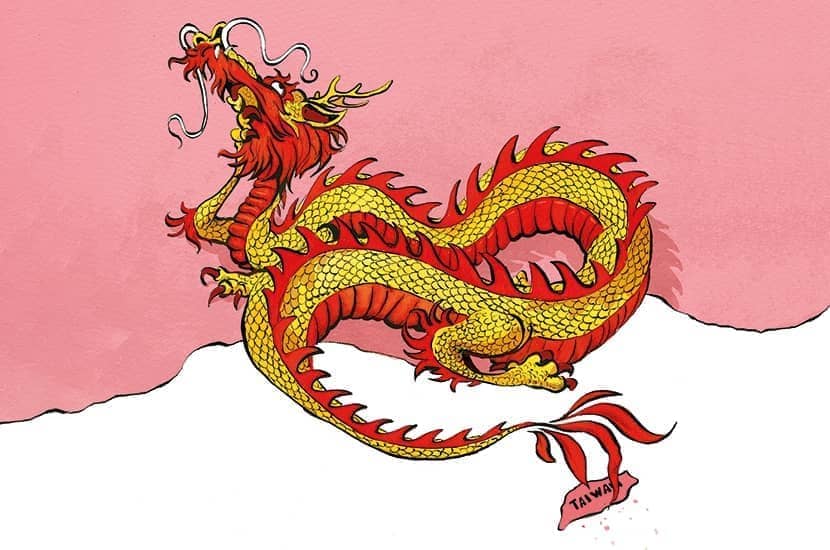The phrase wuxin gongzuo – ‘working with your mind on Ukraine’ – has been trending on Chinese social media network Weibo. Essentially what it means is ‘distraction from work because you’re obsessed with the war’. One blog that monitors the site, What’s on Weibo, reports that shortly after Russia’s invasion of Ukraine a page with updates on the conflict had received more than two billion views. Censorship, of course, limits what Chinese social media commentators can say, but there is clearly plenty of sympathy for the dying civilians and fleeing refugees.
There’s little doubt that in Zhongnanhai, the leadership compound in Beijing, Chinese Communist party higher-ups are, in a more literal sense, working with their minds on Ukraine. The rapidly changing nature of the official Chinese position reflects a scramble to work out what they should say about Vladimir Putin’s invasion. The initial belief that a swift conquest would show the fraying international order was no match for authoritarian power has given way to the realisation that Ukrainian resistance is real, and that political divisions in the country have largely been replaced by cross-party determination to resist the invader. Russia may win, but at a terrible cost.
A few weeks ago, a prominent Chinese nationalist told me that the Ukrainians were ‘Russians really’. It doesn’t seem that way today. Most Chinese media has returned to its default position when analysing turmoil: blaming Washington and hoping that things will shortly calm down. On Wednesday, China signalled it was willing to broker a ceasefire in Ukraine during a phone call between foreign minister Wang Yi and his Ukrainian counterpart Dmytro Kuleba. If China succeeds, it will be a diplomatic coup. But so far, there are few signs that Beijing’s efforts have done anything to halt the looming assault on Kiev. Meanwhile, there is growing local anger against Chinese civilians in Ukraine, whose country is perceived as favouring Moscow.







Comments
Join the debate for just £1 a month
Be part of the conversation with other Spectator readers by getting your first three months for £3.
UNLOCK ACCESS Just £1 a monthAlready a subscriber? Log in